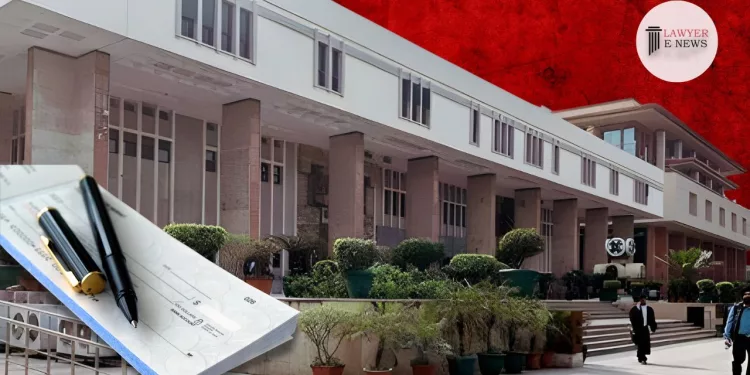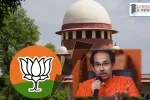U/S 138 NI Act | Lack of Concrete Evidence Linking The Petitioner To Day-To-Day Operations Of The Accused Firm: Delhi High Court Exonerates 65-year-old Woman in Cheque Bounce Case

The Delhi High Court, in a significant judgment, has quashed the summoning order against Smt. Santosh Devi, a 65-year-old partner in a firm, in a cheque dishonour case. Justice Amit Sharma, in his ruling, observed, “Insufficient evidence to establish involvement,” highlighting the lack of concrete evidence linking the petitioner to the transaction and the day-to-day operations of the accused firm.
The judgment revolves around the application of Section 482 of the Criminal Procedure Code (CrPC) and Sections 138 and 141 of the Negotiable Instruments Act (NI Act). The primary legal issue was whether the inherent powers under Section 482 CrPC could be used to quash a summoning order if there were insufficient grounds to involve a partner in a cheque dishonour case under Section 138 of the NI Act.
Facts and Issues:
Smt. Santosh Devi was implicated in a complaint case related to the dishonour of cheques issued by her firm, M/s Shree Ram Developers, towards a business liability. The petitioner contended her wrongful implication, highlighting her non-involvement in the transaction or the daily operations of the firm.
Court’s Assessment:
The court meticulously analyzed the role and responsibility of a partner in a firm under Section 141 of the NI Act. Justice Sharma noted the absence of specific averments in the complaint to substantiate the petitioner’s active involvement in the transaction or the firm’s affairs. The court observed, “Specific involvement in the transaction or the business affairs of the firm must be demonstrated”, emphasizing the necessity of distinct evidence against the accused in such cases.
Decision: Concluding the petitioner’s minimal connection with the transaction and the business operations of the accused firm, the court quashed the summoning order, stating, “In the interest of justice and to prevent abuse of process of law, this Court deems it fit to exercise its inherent powers under Section 482 of the CrPC.” The decision reflects the judiciary’s cautious approach in matters of vicarious liability, especially involving partners in a firm.
Date of Decision: 7th March, 2024
SMT. SANTOSH DEVI @SANTOSHI DEVI vs STATE & ANR.






